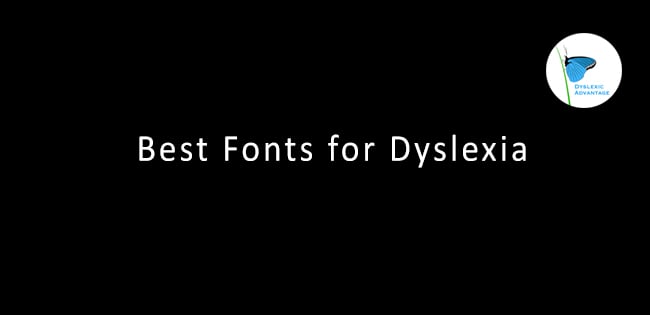From our experience, nonlinear development is more often a rule than an exception when it comes to dyslexic kids growing up. As a result, parents, teachers, tutors, and guidance counselors should avoid making predictions about 'tracks' that students should be on (or...
The Best Fonts for Dyslexia
With increasing awareness of the visual differences associated with dyslexia and the high incidence of dyslexia in the general population (15-20%), the world seems poised to change how they present print to dyslexic readers. What fonts are best for dyslexic...
Effect of Strength-Based Coping on Children’s Stress and Coping
From Australia: "Strength-based parenting is an approach where parents deliberately identify and cultivate positive states, processes and qualities in their children," Professor Waters said. "This style of parenting adds a 'positive filter' to the way a child reacts...
Why It’s Hard to Proofread and Read Fluently [Premium]
It can be maddening. You look and look you just don’t see it. Later you pass your work along, you see all the thing you hadn’t seen the first time round. What’s going on ? You’ve experienced a ‘trick’ of perception. In our clinic, when trying to explain the phenomenon to children, we often use the analogy of optical illusions…when you see something that’s not there or you miss something – that later you can’t believe you could see at the start. These tricks of perception are what adds to the time needed for many dyslexic students on classroom and standardized exams. It accounts for why some teachers may be flabbergasted by a student’s need for extended time, when they seem so quick with problem solving […]
Dyslexia and Speaking Difficulties in Children [Premium]
“Two years after starting school, 1/3 of children who had experienced articulatory problems or whose language acquisition had been delayed were significantly behind in reading and spelling. By contrast, only one of twenty children in the control situation were behind.” – Dr. Marcel Just, Dyslexia Characteristics and Causes Although dyslexia is quite common (up to 15-20% of the population), many equate it as being a problem of reading, whereas there are a wide range of differences (as a group) between dyslexic and non-dyslexic individuals – including speech difficulties but also strengths. Speaking difficulties may be one of the earliest ‘signs’ of dyslexia including, but not limited to late talking, tendency to stutter / cluttering (rapid speech, irregular rate, rhythm, and sequence), word retrieval difficulties, mispronunciation […]

![Non-Linear: The Path to Life Success [PREMIUM]](https://www.dyslexicadvantage.org/wp-content/uploads/2018/08/flower3.jpg)


![Why It’s Hard to Proofread and Read Fluently [Premium]](https://www.dyslexicadvantage.org/wp-content/uploads/2016/09/Screen-Shot-2017-10-07-at-1.49.34-PM.png)
![Dyslexia and Speaking Difficulties in Children [Premium]](https://www.dyslexicadvantage.org/wp-content/uploads/2016/03/quiet-boy-our-shutterstock.jpg)













